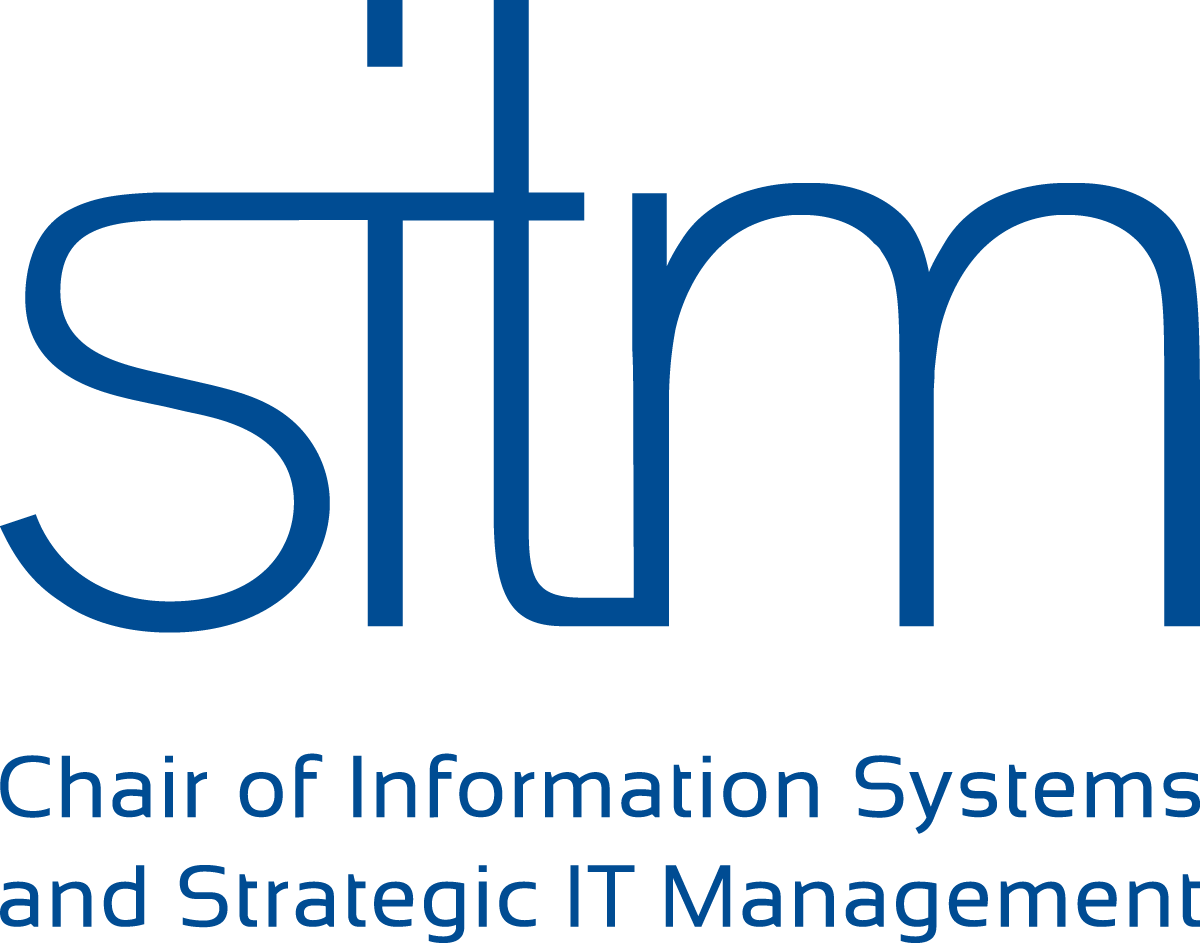Artificial Intelligence and Blockchain
Artificial Intelligence and Blockchain
In recent years, there has been a reemergence of interest in the field of artificial intelligence among managers and academics (Brock and Wangenheim 2019). Currently, AI is a broad and thriving field with many practical applications and active research topics (Goodfellow et al. 2016). Machine learning (ML) technology powers many aspects of modern society: from web searches to content filtering on social networks, to recommendations on e-commerce websites, and it is increasingly present in consumer products, such as cameras and smartphones (LeCun et al. 2015).
Blockchain is another technology receiving a lot of hype. Until recently, the blockchain was only used in connection with the Bitcoin, which is the best known project based on the blockchain (Abbatemarco et al. 2018). Recent research discusses the blockchain’s potential for other application areas and industries. Examples are the blockchain’s utilization in the context of smart cities (Xie et al. 2019), the internet of things (Christidis and Devetsikiotis 2016), and in the music industry (Baym et al. 2019).
Also, the last few years have seen the increasing emergence of research dealing with the combination and convergence of AI and blockchain. On the one hand, the blockchain can be used to support AI, referred to as Blockchain for AI. On the other hand, AI can help overcome some challenges with which that the blockchain, as a new technology, still struggles. Finally, there is a third category of use cases whose focus is not primarily on one technology supporting the other. Instead, AI and blockchain are used side by side and unfold their effect through their respective strengths.
Publications
- Kureljusic, M.; Karger, E.; Ahlemann, F.: Manipulierbare KI – Ein unüberwindbares Hindernis für die Sicherheit autonomer Fahrzeuge?. In: Proff, Heike (Hrsg.): Making Connected Mobility Work: Technische und betriebswirtschaftliche Aspekte. Springer Gabler, Wiesbaden, 2021, S. 457-472. Details BIB Download
- Karger, E.; Kureljusic, M.; Cayci, A.; Sigmund, K.: Meinungsprognosen mithilfe von sozialen Netzwerken – künstliche Intelligenz als neues Instrument zur Wahlprognose. In: Klüver, C.; Klüver, J. (Hrsg.): Neue Algorithmen für praktische Probleme. Springer Vieweg, Wiesbaden, 2021, S. 207-228. Details BIB Download
- Karger, E.: Combining Blockchain and Artificial Intelligence – Literature Review and State of the Art. In: International Conference on Information Systems (ICIS). 2020. Details BIB Download
References
Abbatemarco, N., Rossi, L. M. de, and Salviotti, G. 2018. “An econometric model to estimate the value of a cryptocurrency network. The Bitcoin case,” Research Papers 164.
Baym, N., Swartz, L., and Alarcon, A. 2019. “Convening Technologies: Blockchain and the Music Industry,” International Journal of Communication (13), pp. 402-421.
Brock, J. K.-U., and Wangenheim, F. von 2019. “Demystifying AI: What Digital Transformation Leaders Can Teach You about Realistic Artificial Intelligence,” California Management Review (61:4), pp. 110-134 (doi: 10.1177/1536504219865226).
Christidis, K., and Devetsikiotis, M. 2016. “Blockchains and Smart Contracts for the Internet of Things,” IEEE Access (4), pp. 2292-2303.
Goodfellow, I., Bengio, Y., and Courville, A. 2016. Deep learning, Cambridge, Massachusetts, London, England: MIT Press.
LeCun, Y., Bengio, Y., and Hinton, G. 2015. “Deep learning,” Nature (521:7553), pp. 436-444.
Xie, J., Tang, H., Huang, T., Yu, F. R., Xie, R., Liu, J., and Liu, Y. 2019. “A Survey of Blockchain Technology Applied to Smart Cities: Research Issues and Challenges,” IEEE Communications Surveys & Tutorials (21:3), pp. 2794-2830 (doi: 10.1109/COMST.2019.2899617).



